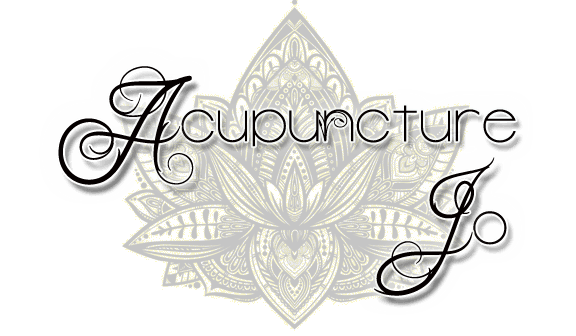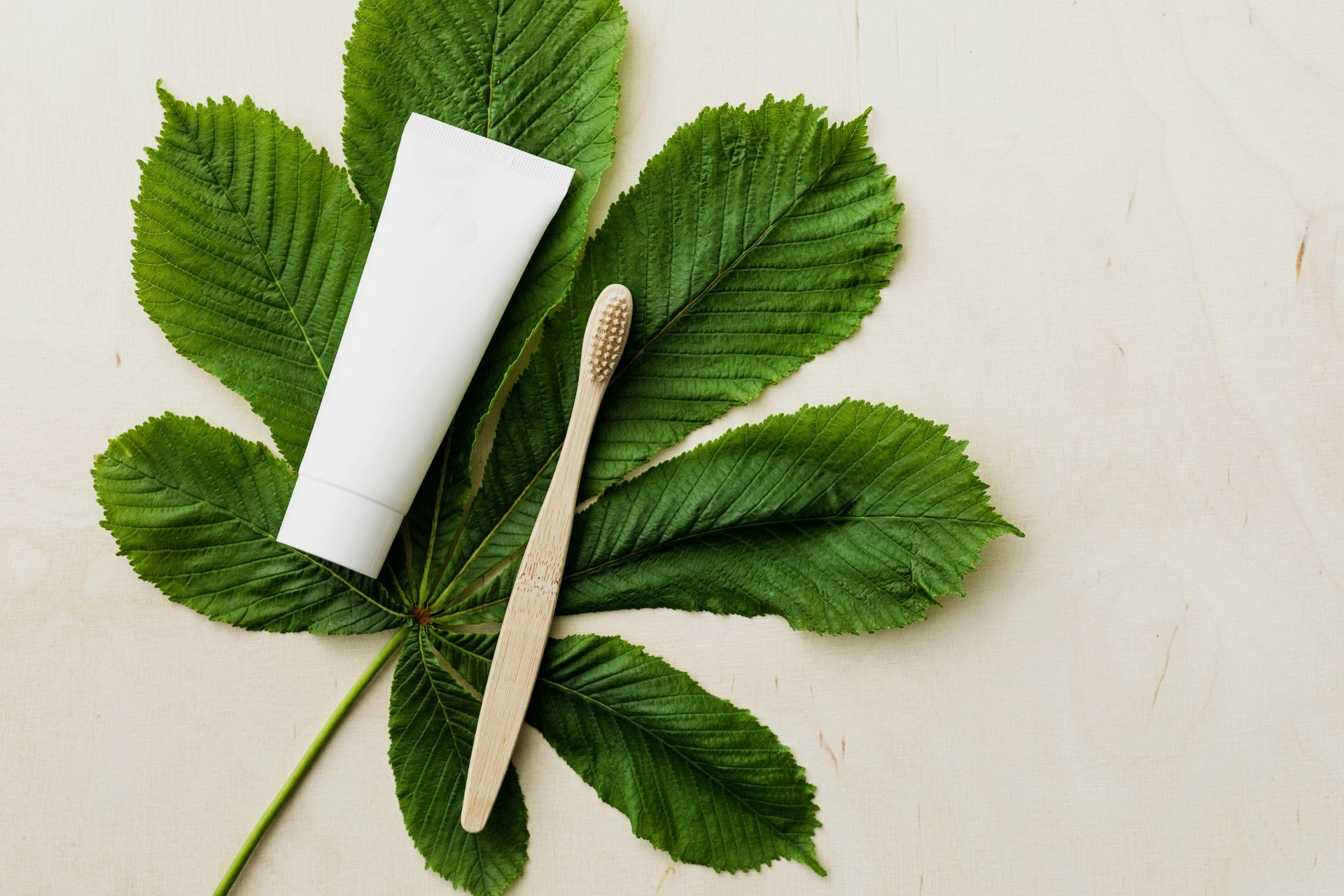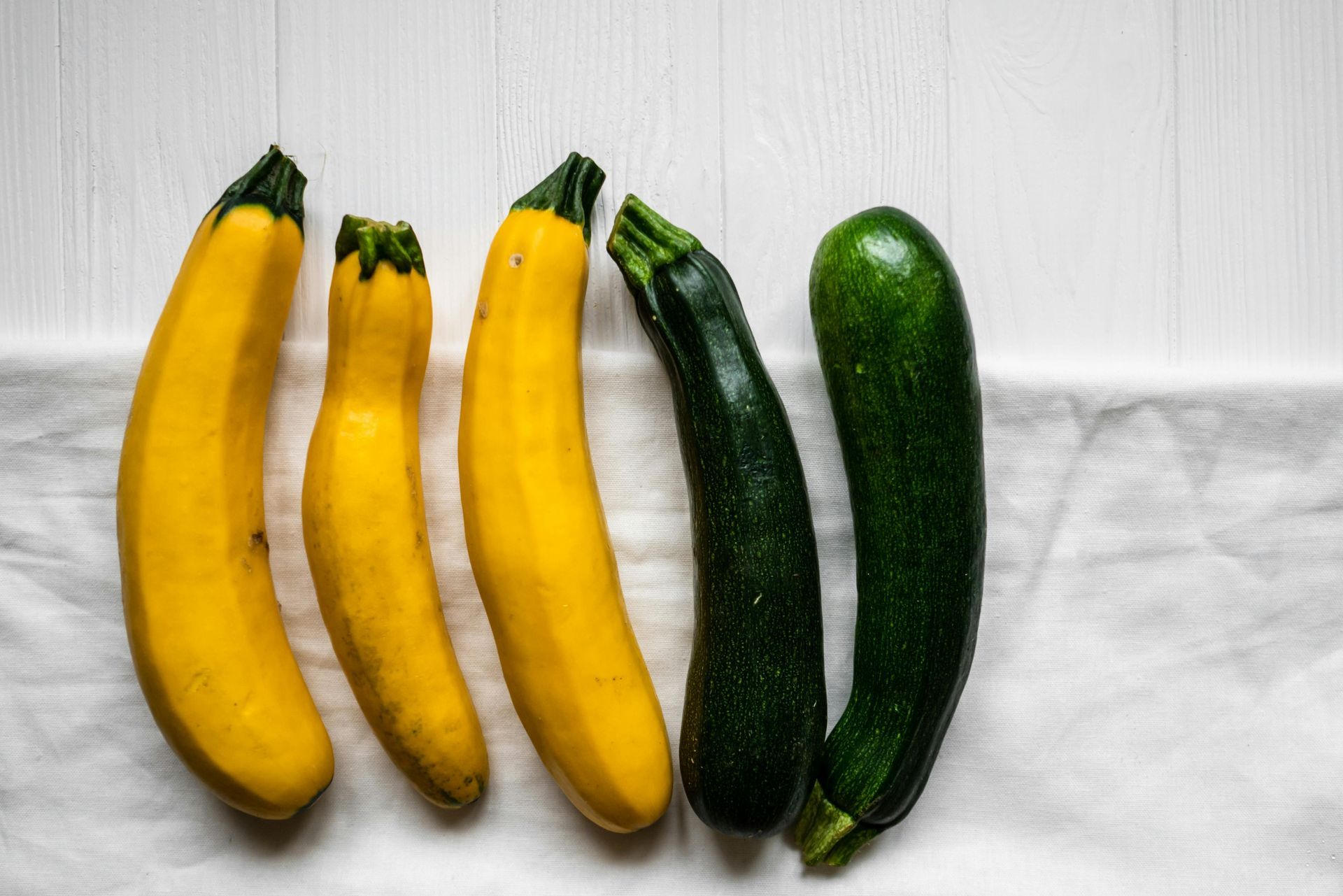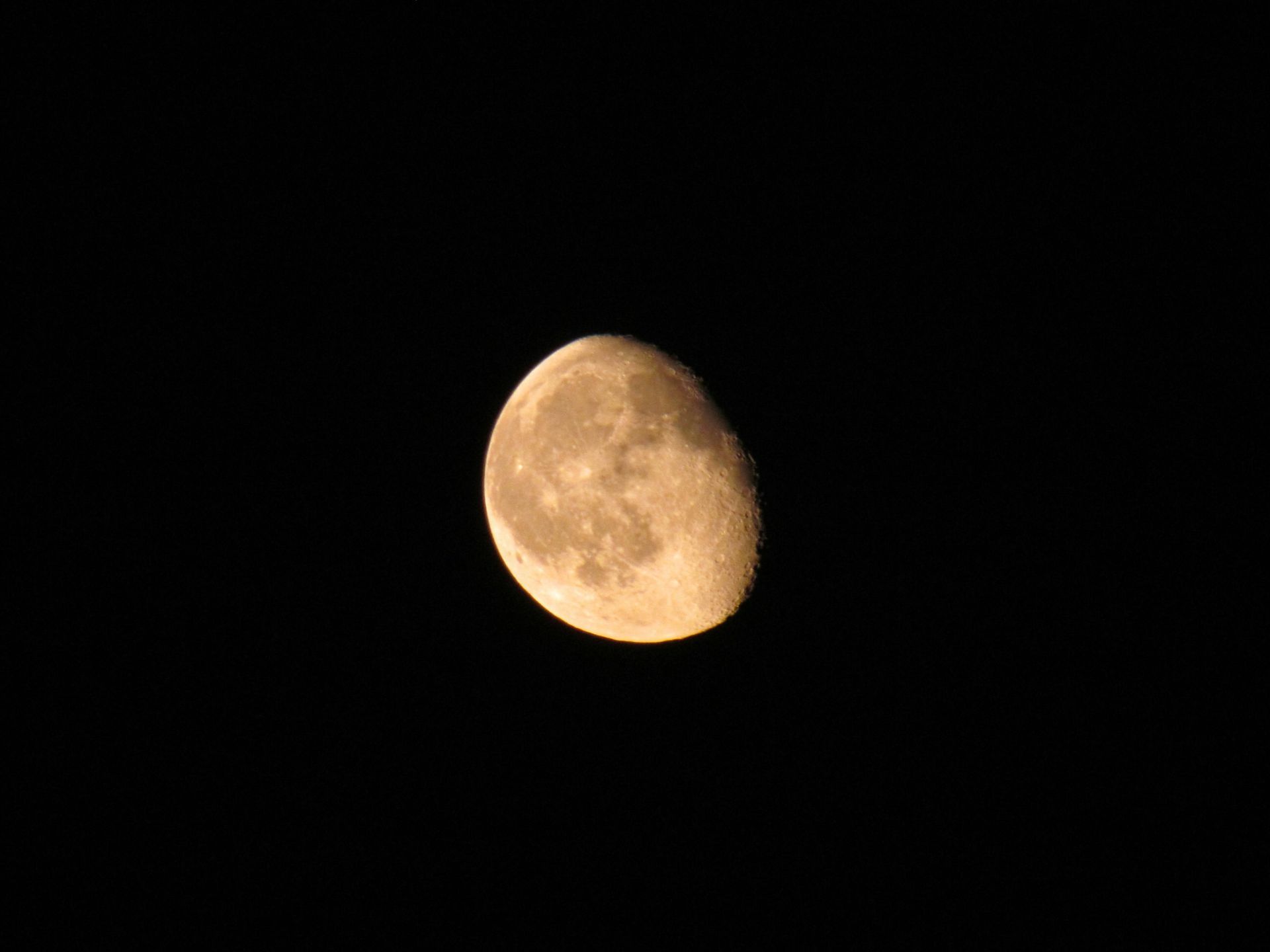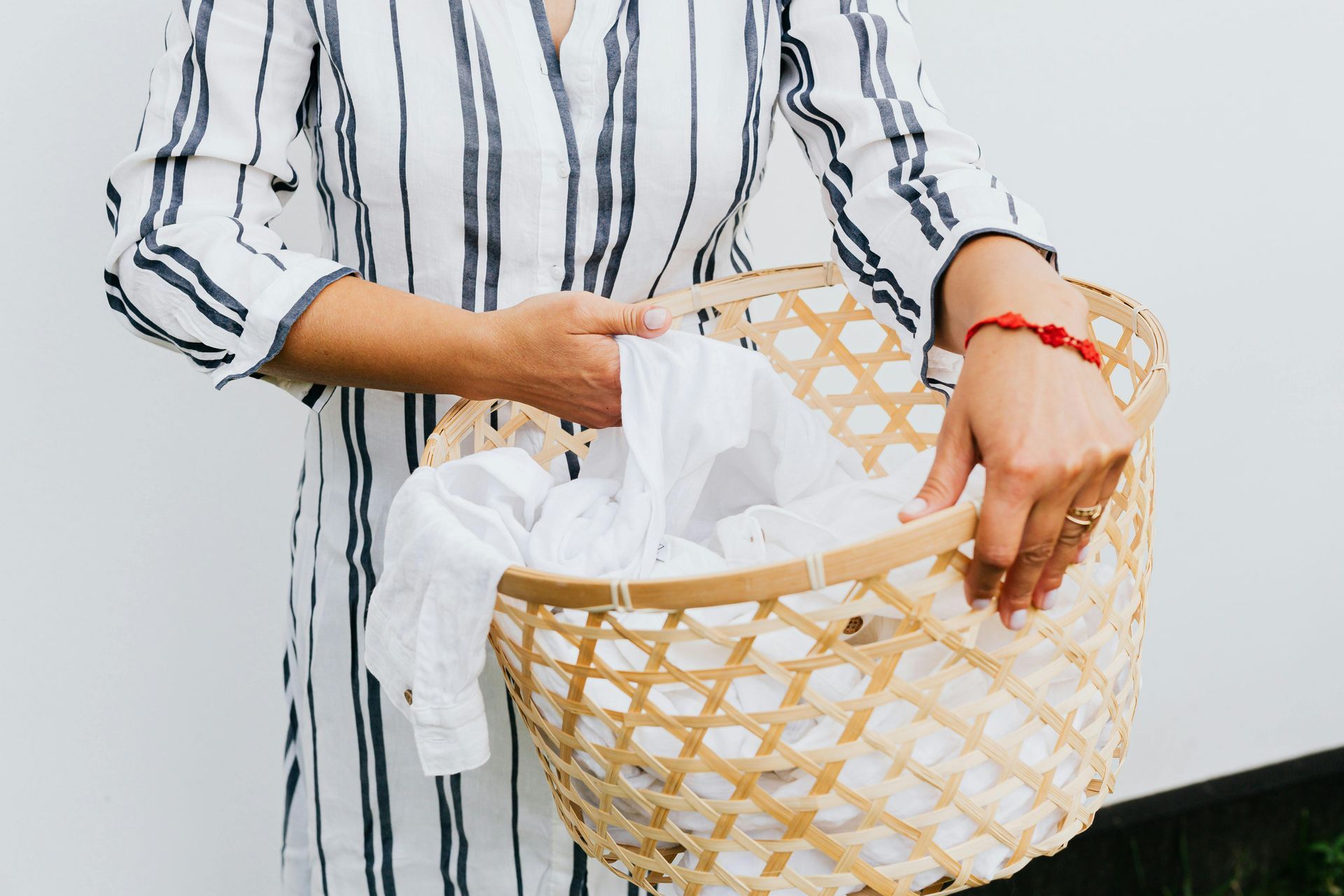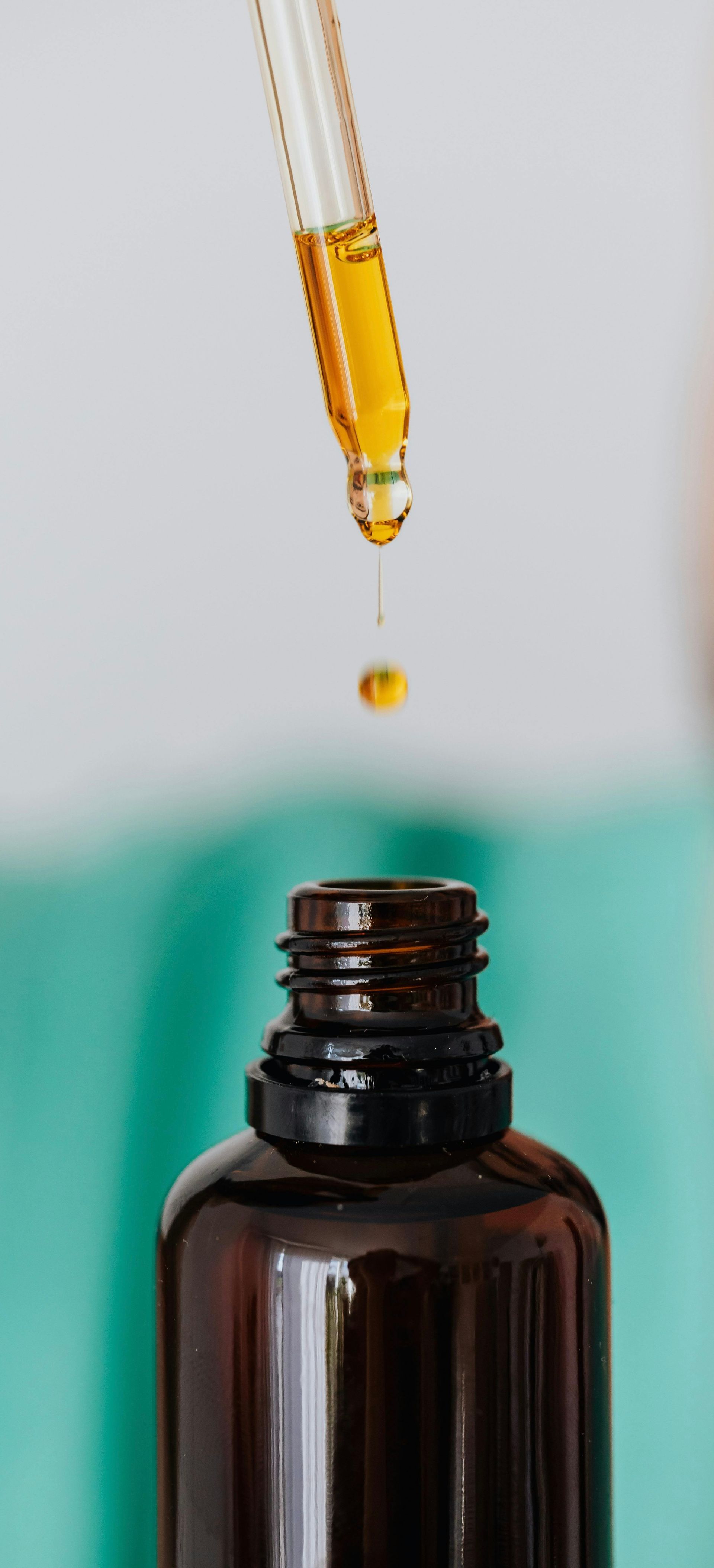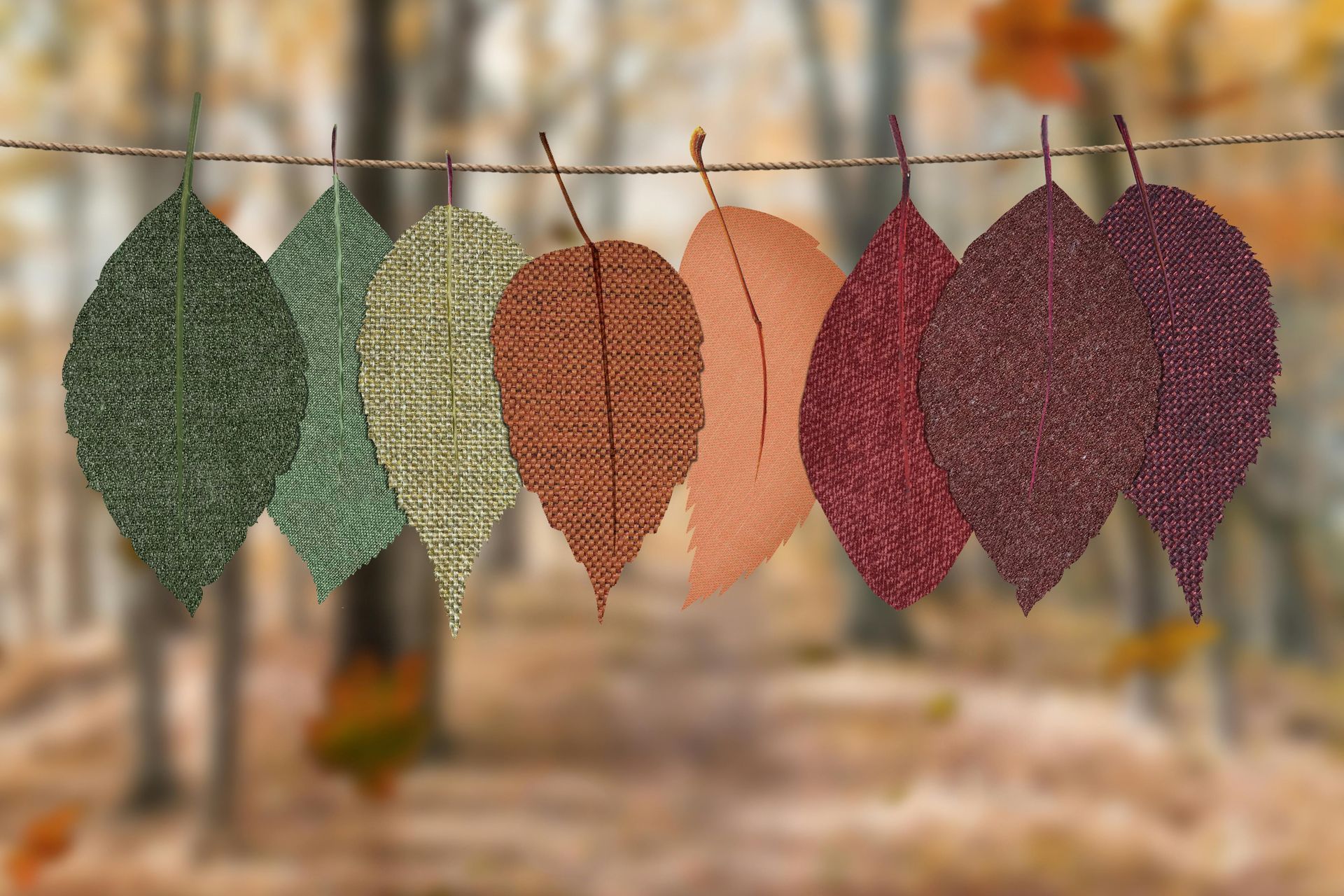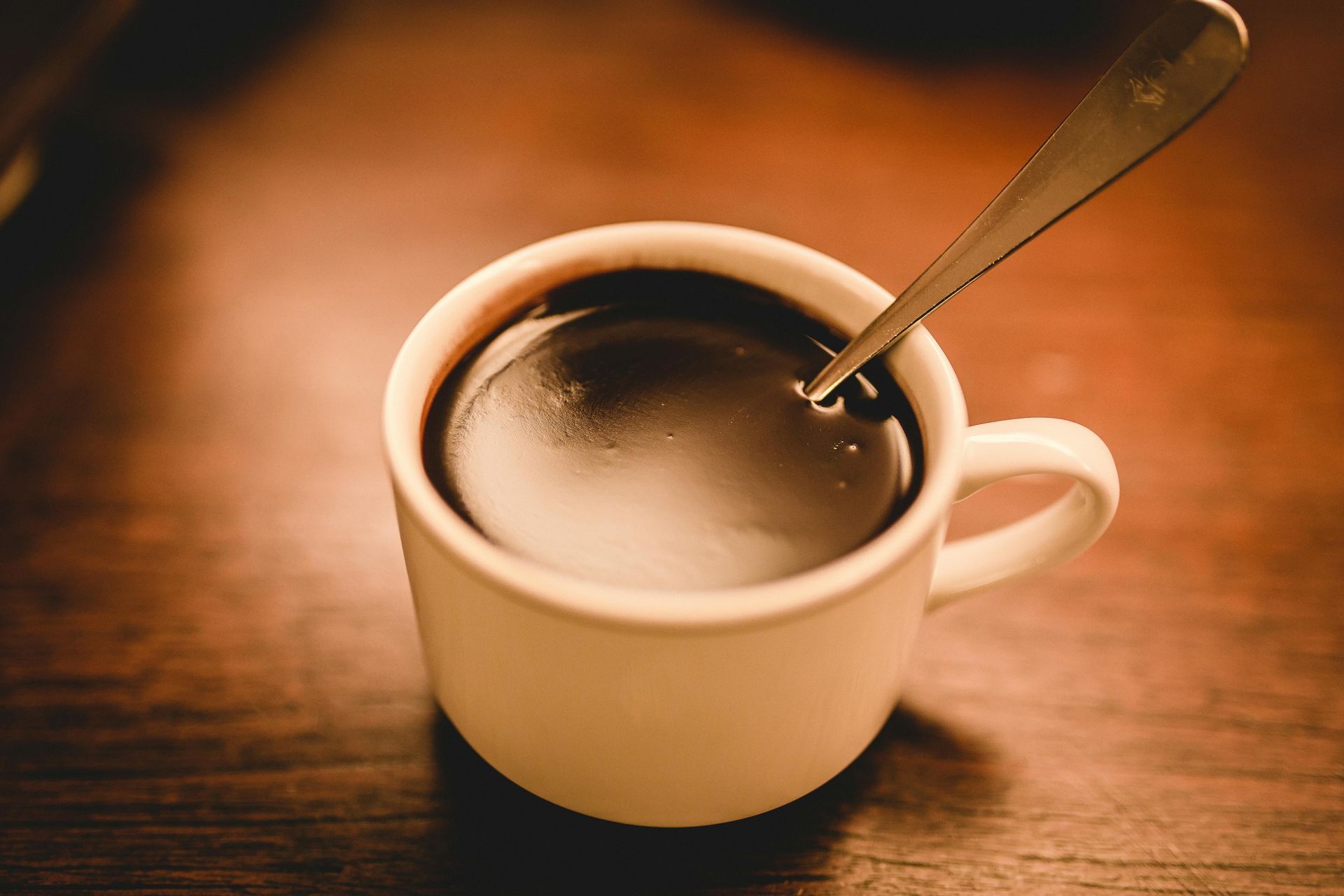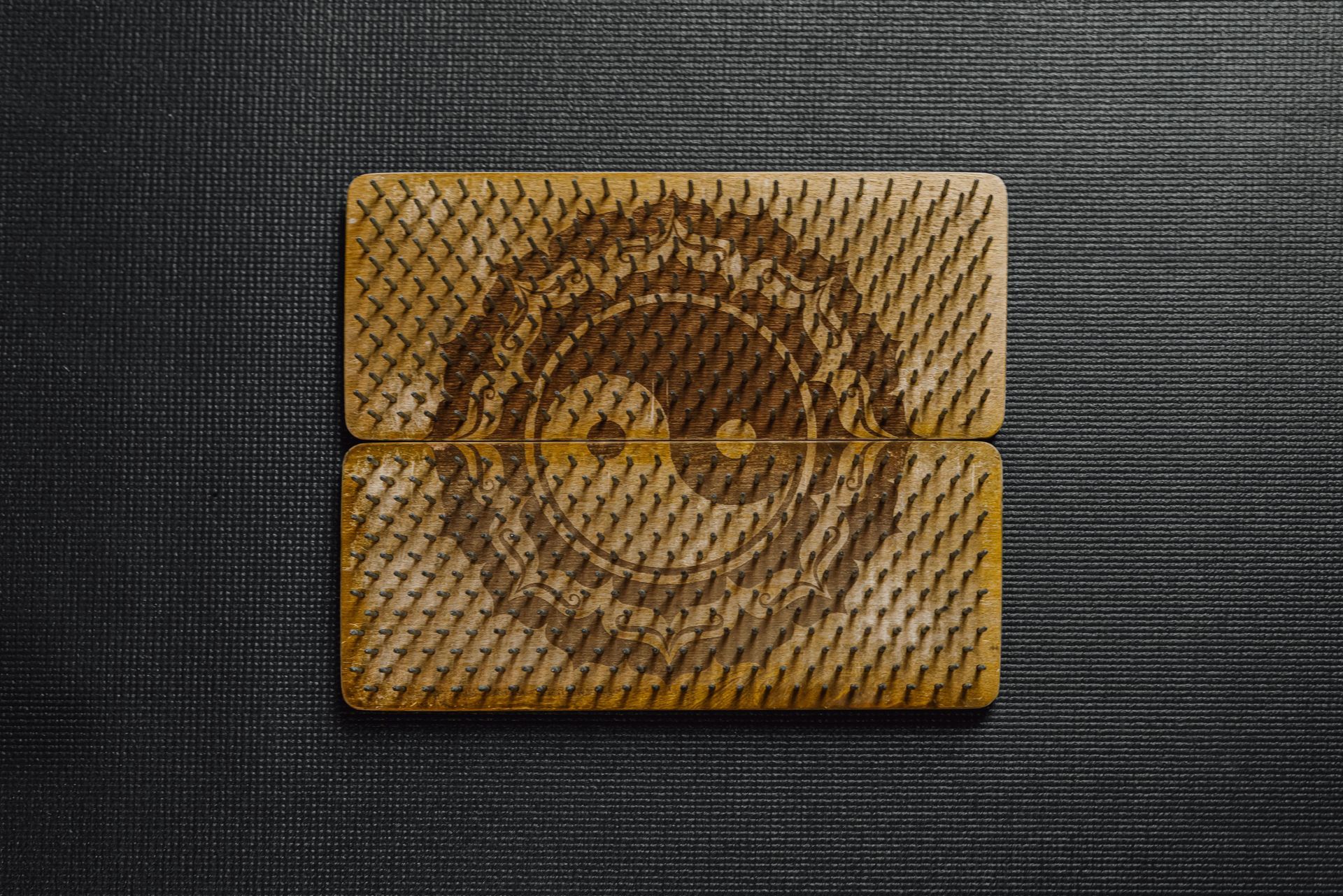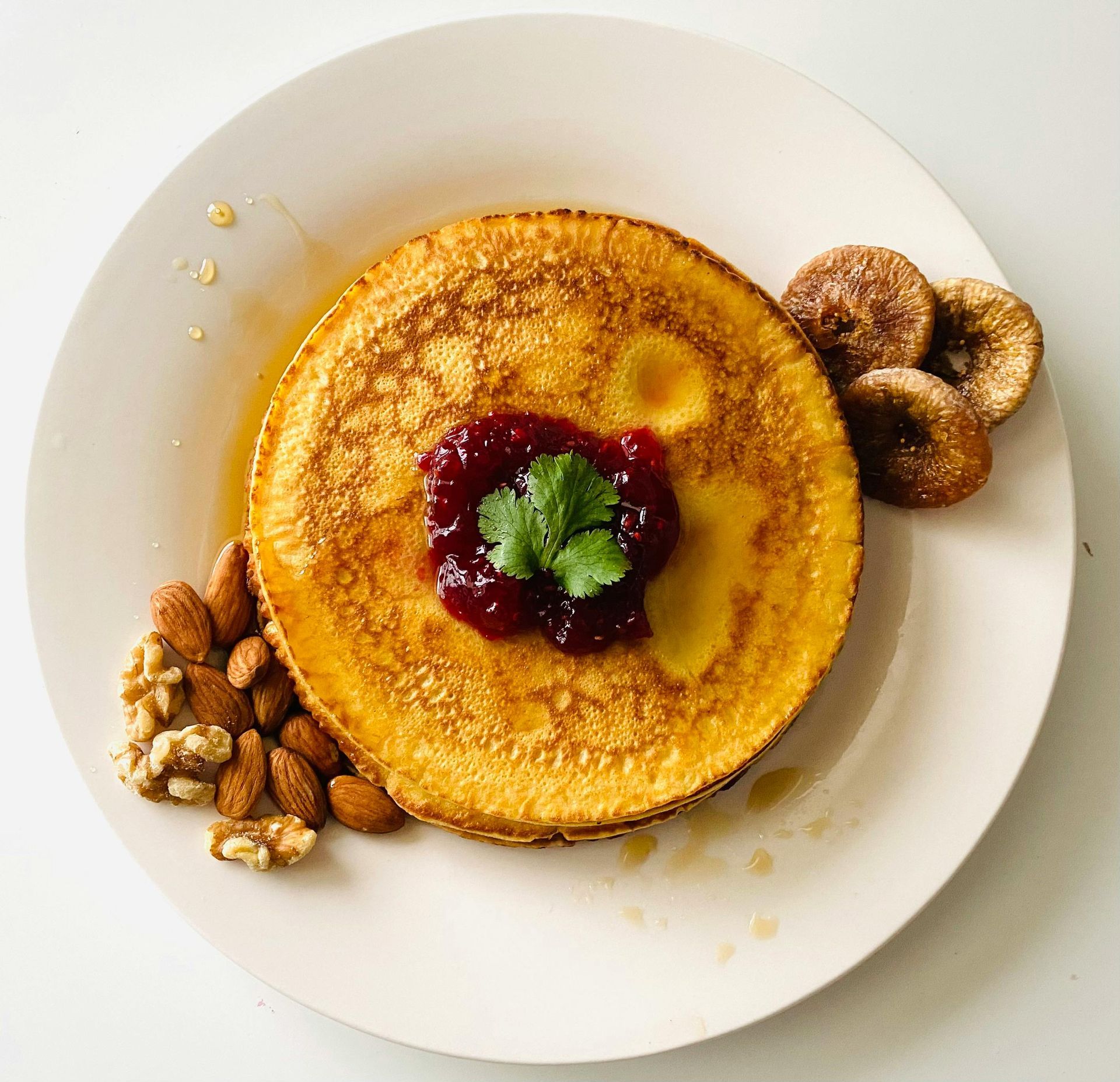Holistic Vulvar/Vaginal Care
Tea Time with Jo|Holistic Vaginal Care
Va-jay-jay, hoo-ha, cookie, kitty, yoni…no matter what you call your vulva or vagina, ways to take care of that region is not something anyone teaches us how to do. Similar to what was covered on the Holistic Breast Care blog post, it seems that the only care for this area we are ever really taught is routine diagnostic screenings (such as PAP Smears…those words alone make me shutter and cringe). So besides the basics of not sitting around in sweaty workout clothes or wet bathings suits, using cotton underwear and avoiding douching, what else can we do to proactively take care of our “swimsuit parts”?
Anatomy Lesson (vulva vs vagina)
First, let’s learn to use the correct terms for the corresponding areas. If we are talking about the fleshy area that covers the pubic bone, that area is called the Mons Pubis (or “Mons”, for short).
The area below the Mons, that contains the labia majora, labia minora, clitoris, clitoral hood, urethra and vaginal opening is called the Vulva.
The area inside the vaginal opening, where the cervix resides, is called the Vagina. The Vagina is the area where babies come out of, where tampons or menstrual cups are inserted and where penetrative sex occurs (besides the anus).
The area between the vaginal opening and the anus is called the perineum.
This post aims to help promote wellness in ALL of these areas. Now that we have reviewed some anatomy, let’s jump into ways to take care of this treasured region.
Practice Sexual Hygiene
Despite all the movie and TV show scenes of individuals engaging in completely spontaneous intercourse despite being sweaty from a workout or dancing in a night club, the exchange of bacteria is not always the healthiest for your vulvar/vaginal health. If you engage in penetrative pleasure, either with yourself, a partner or with an intimacy enhancing toy, be sure that anything that come in contact with this area is clean. This means, washing your hands, using clean toys, and preferably having your male partner wash his hands and penis before penetration. This is especially important if you have a tendency towards yeast infections, UTIs or Bacterial Vaginosis. Of course practicing “safe sex” is also encouraged (keep reading to learn more about non-toxic options for safe sex).
Use Non-Toxic Menstrual Products (including period underwear-PFAS)
Were you aware that most disposable panty liners, pads and tampons on the market are filled with pesticides and carcinogenic bleaching agents? Some pads and period underwear also contain toxic chemicals known as PFAS (per and poly-fluoroalkalyl substances) which can cause hormone disruption and reproductive harm and cancers. To make matters worse, vulvar and vaginal tissue are really absorptive so they risk tons of exposure over the course of menstruating years.
Opt for organic cotton pads, silicone menstrual cups and non-toxic period underwear (brands that believe in the cause will definitely advertise it). In TCM, tampons are not preferred as they impede the free flow of qi and blood and absorb the natural lubrication that is supposed to be lining the vaginal walls. I, personally, advocate for menstrual cup use rather than tampons. Menstrual cups collect fluid rather than absorb them. They hold more flow than tampons, and tends to cause less cramping. If you absolutely need to use tampons, make sure they are organic cotton and avoid wearing them around the clock so that your menses has a chance to free flow. Consider taking a break from tampons at night time and using a pad or period underwear to sleep.
The “Feminine Wash” Myth
Marketing leaves us to believe that we should be washing with “intimate wash” or with scented soaps. The majority of cleansers marketed for “feminine care” are loaded with artificial fragrance, parabens and other toxic and hormone disrupting ingredients. Water and friction is all that you need to wash your vulva (soap should never be inserted into the vagina). However, if you feel like you need extra cleansing or it is your preference to use soap on your vulvar region, use a gentle, non-scented soap with ingredients you can understand.
Non-Toxic Sex
While good hormonal balance promotes natural lubrication, sometimes, you might need a little help keeping things moist and slippery. If you are not looking to avoid pregnancy, using organic coconut oil or olive oil are great alternatives for traditional toxic lubes. However, oils can break down latex which makes them not a good option for use with condoms and some sex toys. In that case, look for a lube that is water based, or aloe vera based, and doesn’t contain parabens, flavors or colors.
If you are trying to conceive, be aware that there are some so-called “fertility lubes” on the market that are advertised to protect sperm to improve odds of pregnancy. My biggest issue with these is that they often contain parabens, which are horrible for hormonal health. Seems counterintuitive to me to “protect sperm” at the cost of endocrine disruption. Fortunately, there are a handful of brands that make sperm safe, paraben free lube. These brands are pretty proud of their products and will advertise them as such. You can learn about my favorites in this Instagram post.
When it comes to protected sex, condoms can be very irritating to vaginal and vulvar tissue especially when they contain spermicidal lubricants (or when the vagina is not lubricated enough). Try to find un-lubricated condoms and consider latex-free options if you notice a lot of irritation or allergy to traditional latex. Keep in mind that there are more sustainably produced condoms on the market, now-a-days.
Consider Pelvic Hydrotherapy
Pelvic Hydrotherapy has a lot of names, the most common is V-steam or Vaginal Steam. While a lot of people think this is a new fad, Pelvic Hydrotherapy has been around for thousands of years and is even being practiced in hospitals around the world in present day. As it relates to vaginal and vulvar care, steaming can be a great adjuvant to treating conditions like vaginal dryness, vulvar cysts, ingrown hairs, yeast infections and BV. I also love to use Pelvic Hydrotherapy for menstrual care. You can read more about it here.
While Pelvic Hydrotherapy can be safely practiced at home, I highly recommend doing so under the supervision of a trained practitioner. I, myself, am a certified “Acupuncture Steam Therapist” but you can find a provider in your area using this directory. Most providers will offer virtual consultations so don’t worry if you don’t see one in your area.
Vagina Friendly Nutrition
In my opinion, nutrition is the MOST overlooked factor when it comes to vaginal health. It is easier for some people to understand the connection between nutrition and digestive flora but they have a harder time making the connection between nutrition and vaginal flora. One of the ways to keep our vaginal flora balanced is to avoid foods that contribute to Candida. Candida is a fungus that creates a lot of discomfort when it proliferates in our bodies, especially in the vagina. Most notably, it causes yeast infections. Foods that contribute to candida are inflammatory, processed foods such as refined sugar, processed dairy and alcohol (beer, wine and spirits). These foods, aside from contributing to candida, do no favors to those who suffer from recurrent UTIs or BV, so it is best to avoid them.
Proper hydration is also a contributing factor to maintaining proper vaginal lubrication so make sure that you are drinking enough fluids with electrolytes.
Educate Yourself
Besides all of the suggestions mentioned here, The Way of Yin has a wonderful course called Jade Gate Health that takes a much deeper dive into sacred vaginal ecology. The course covers topics like anatomy and treatment strategies for recurrent infections in a much more profound way. Just like with the Breast Rejuvenating Guide, Kris, the creator, has offered a generous discount of 25% off when you use the code SHARETHELOVE.
I hope that you have learned something with this post. If so, please share with a friend that may benefit from this information as well. Stay tuned for a future blog post diving deeper into Pelvic Hydrotherapy. I will attach a link here once that post is up.
*post contains affiliate links
